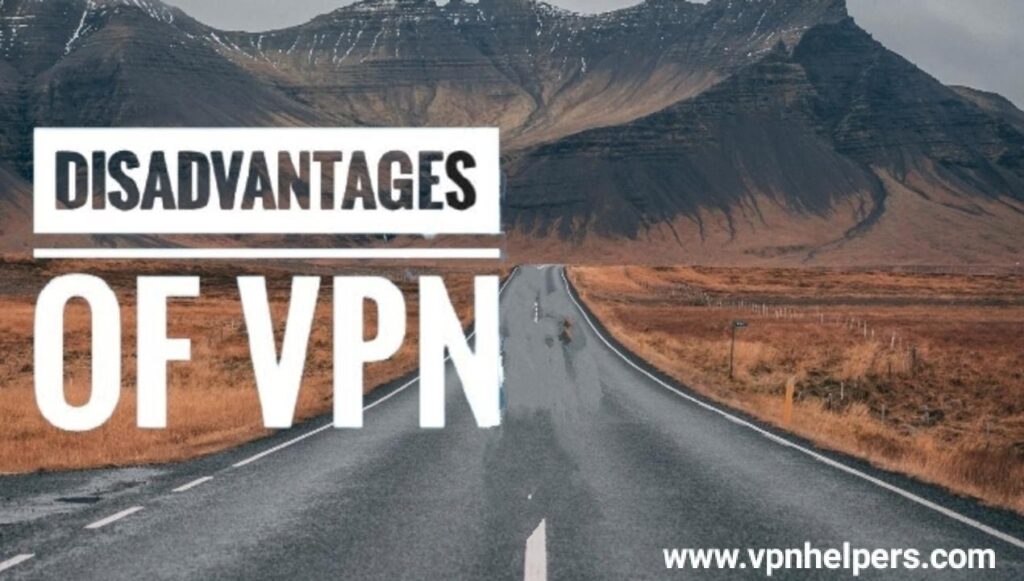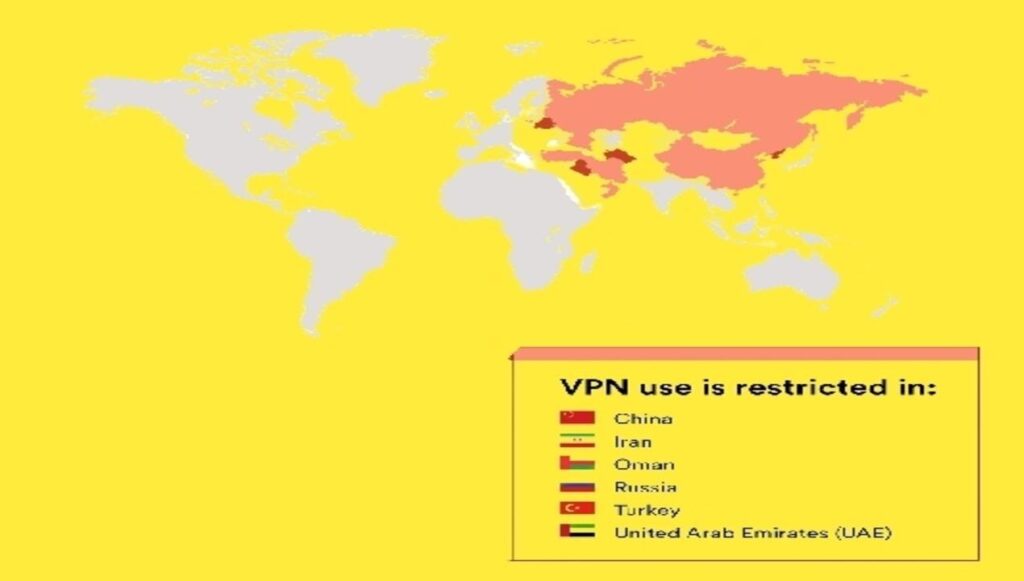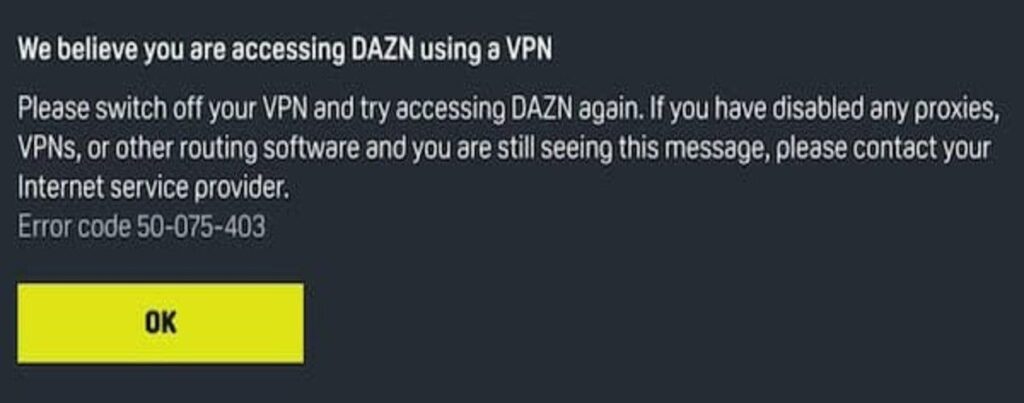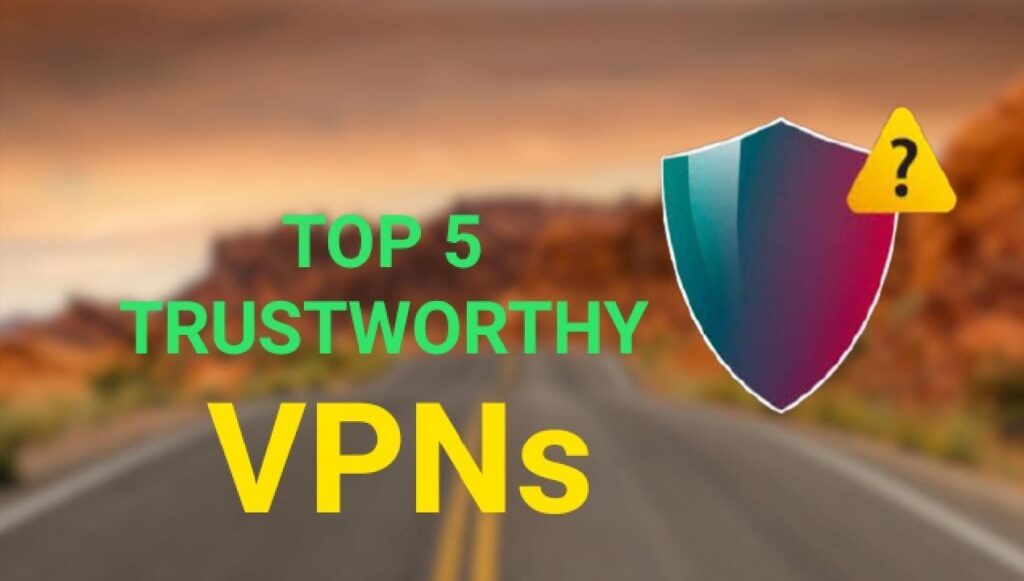Do you want to use a VPN for your privacy security? Before this you need to know what is its disadvantage so that you do not have any problem in future.
In this article, I’m going to tell you about the 11 disadvantages of using a VPN that should be helpful for you. Hope after reading this article you will be more informed about VPNs and will also know how it affects your security. So keep reading !!

You’ve searched, you’ve found the VPN for you, and you’ve got the subscription. It’s time to get down to business and browse anonymously, stream without fear, and hide your IP address.
But wait, what’s that? You can’t?
VPNs seem like a miracle service and nothing can go wrong, but sadly, there’s quite a few disadvantages to using one of these. Here are 11 disadvantages of using a VPN. So let’s begin without delay !!
Disclaimer: This guide is just for educational purposes only. Neither do I nor vpnhelpers support any kind of downloading copyrighted content.
11 Disadvantages Of Using A VPN
1. A VPN may decrease your speed
Since the VPN redirects and encrypts your Internet connection through the VPN server, your connection speed may drop slightly. Premium VPN services like NordVPN and ExpressVPN don’t slow your internet down much, but the speeds rarely stay the same.
This can affect you when you are doing something with high bandwidth or when you need a faster connection. For example, gamers who want to play online games for multiple gamers should look for the best VPN for gaming.
2. This can add to your network connection costs
By default, VPN is the best private connection service that you have to pay for separately from your regular network connection or ISP. If you want to use a VPN router, you will need to purchase an additional hardware router so you can use it with your VPN connection.
Of course, there are plenty of free private connections you can take advantage of, but these are usually unreliable and have many limitations. Another disadvantage of personal relationships is that they can cost you in the long run.
3. It is difficult for users to check the encryption quality
It can be difficult to verify that a VPN provider delivers what they promise. Feedback is very important for this technology. The average computer user is not very familiar with cryptography, data encryption.
You can find reviews of all the major VPN providers on our website, but you may also want to take a look at our top recommendations. In our review, we tried to make the VPN market a little more transparent.
4. VPN services can monitor your activity and use your data
Some private network services allow you to use their private servers instead of your data. There are cases when VPN companies monitor their users’ data for their own benefit. Yes, they can help you bypass your internet restrictions and hide your IP address, but private network companies can do the tracking instead.
You should pay attention to VPN services that offer your private connection for free or very cheaply, as these can list your company on the Internet.
5. A VPN isn’t legal in all countries
Using a VPN is legal in most countries, but some governments want complete control over the internet. In some countries, like China, you can only use government-approved VPNs.
Some quality VPN providers like Windscribe VPN have developed special “clogged servers” that must continue to be used in countries like North Korea even if the government doesn’t allow it.
If you live in a country that restricts or prohibits the use of VPNs, protecting your privacy, security and online freedom can be very difficult.

6. Its use cannot guarantee 100% anonymity
There are several ways in which you can reveal your identity even if you are using a VPN. There are still many ways to leak data through hardware, software, or other means. Service providers today offer many functions such as Double VPN or Kill Switch to make your connection as private and secure as possible.
Worst case scenario, does the provider you use agree to provide your government with important information about you? To make sure you’re not using a VPN, consider using a kill switch or double VPN.
7. It’s not always possible to Bypass restrictions

One of the main reasons people use a VPN is to unblock certain websites or content. Netflix, for example, is available from anywhere, but only allows access to certain movies or TV shows for certain countries.
Many VPN providers can not get around this restriction. The same is true for many websites or other content that is restricted to a specific region.
VPN providers are good at implementing this, but some VPN providers have no way of bypassing this restriction on certain content or sites or sites.
8. It’s Complicated Setup
While connecting to the internet may be easy, setting up a VPN is not. A VPN is basically an encrypted tunnel that hides the information inside. Failed VPN settings can cause leaks.
There may be information loss if you use a VPN that is not configured properly. Therefore, it is important that you understand the operation of your VPN provider before implementing one.
9. Some Online Services Ban VPN Users
Many online services discourage or even prohibit the use of VPNs. This is often the case with streaming services like Netflix and BBC iPlayer. Some online stores like Steam also try to block users from accessing their VPN services.
Using a VPN to unlock “hidden” content on this website (in most countries) is not illegal, but it’s definitely against the company’s terms of use. You have the right to block or delete your account if you are identified with a VPN.
10. Dropped Connections
Even the best VPNs can crash sometimes. Losing a VPN connection is not the same as losing WiFi and being disconnected from the internet. A lost VPN connection means that your real network information is already visible to everyone.
It also means that when you are disconnected, your ISP can see which websites you visited. If a website you visit violates your ISP’s terms of service – such as torrenting – it can disconnect you right away.
11. Most VPNs Are Dangerous to Use
Your VPN provider has access to a lot of personal information. It can see your IP address, the websites you have visited, and your activity on those websites. Use a reliable and secure VPN, or don’t use one at all.
For many of these companies, the purpose of a VPN service is to collect sales data for a profit. Because of this, they can often offer their VPN “for free”. This is why it is important to do some research before downloading.
Keeping the above facts on the basis, you will have to use a Genuine and Trustworthy VPN so that you do not have any problem in the future. Now let’s talk about some of the best trustworthy VPN verified by us.
Top 5 Trustworthy VPNs in 2024

1. NordVPN: Best Choice
NordVPN is one of the premium VPN in the industry with a completely verified background, based in Panama, and the best choice to protect your privacy. Military-grade encryption with no DNS/IPv6 leaks protecting you from your ISP or any government surveillance.
NordLynx will double your streaming speeds. You can simultaneously use NordVPN on 6 device connections per subscription. They are offering 30 days of the money-back guarantee program. So, if you don’t like the app then you will get your full refund within 5 days.
2. ExpressVPN: Recommended
ExpressVPN supports best-in-class VPN protocols like OpenVPN and L2Tp-IPSec. This VPN is based in the UK and has no data retention laws. The company also offers 24/7 live chat support for all of your problems.
It also has a no-log policy and is available to all of its customers. The service is available in the U.S. and is free to all users. It is also available in Canada and the UK, with prices starting at $20 ($30)
3. Surfshark: Universal VPN
Surfshark is a very easy-to-use No Log VPN with a comprehensive interface and is well suited for new users. While everything runs on RAM servers there is no logging. Its vast server network can unblock any trading platform for you and the best part is that you can pay in crypto (BTC, ETH, etc) while taking a subscription.
While there are no independent audits run by this VPN, they offer a 45 days risk-free money-back guarantee program. There are no IP or DNS leaks found, you can check out on full review.
4. IPVanish: Unlimited Connections (No log)
You can enjoy unblocking streaming services and grab crazy deals by spoofing your location with 1500+ servers in more than 75 locations across the world (Dynamic IPs) IPVanish works well in real-time with decent internet speeds.
They have also included leak protection along with standard 256-bit encryption and OpenVPN protocol. They offer a 30 days risk-free money-back program and 24/7 live chat support for all of your problems. If you want then there is a hidden page for low price subscriptions.
5. Hotspot Shield: Simple & Effective
Hotspot Shield packs military-grade security with a user-friendly interface for beginners. One among unique VPNs for Android having Catapult Hydra to improve streaming speeds.
This VPN has managed to deliver 400Mbps without any 5G. It is compatible with Android, iOS, Amazon Fire, Apple TV, Chromecast and Chromecast. The speed will be decent enough to stream content.
They are providing a 45 days money-back guarantee program so you can definitely know what makes this one special among all the VPNs.
Conclusion
Using a VPN is undoubtedly very important if you are concerned about your privacy, security and online freedom. A good one will hide your identity and hide your online activities from prying eyes from governments, ISPs, large corporations, network administrators, and hackers.
You can also bypass geo-restrictions and access content that is blocked or censored in your location. But a bad VPN can do you worse than not using it at all. It will also slow down your connection speed and increase data usage.
That’s why we always recommend that you must use a trustworthy VPN to avoid these types of problems. If you have any queries related to the VPN then let me know in the comment section below !!
FAQs
Can VPN steal your data?
Many free VPN and proxy providers collect and steal your data. They do this because launching a VPN service for free is not a sustainable business model. They collect personal data which is then sold to third parties and advertisers. Free VPNs are less reliable and are not recommended for privacy reasons.
In which countries VPN is illegal?
Currently, several governments specifically regulate or prohibit VPNs, including countries such as Belarus, China, Iraq, North Korea, Oman, Russia, and the United Arab Emirates, to name a few. Others, however, enforce internet censorship laws, which make using VPNs risky.
Is VPN good or bad?
Using a trusted virtual private network (VPN) can be a secure way to browse the Internet. VPN protection is increasingly being used to prevent government agencies and large corporations from tracking data, or accessing blocked websites. However, using a free VPN tool can be unsafe.